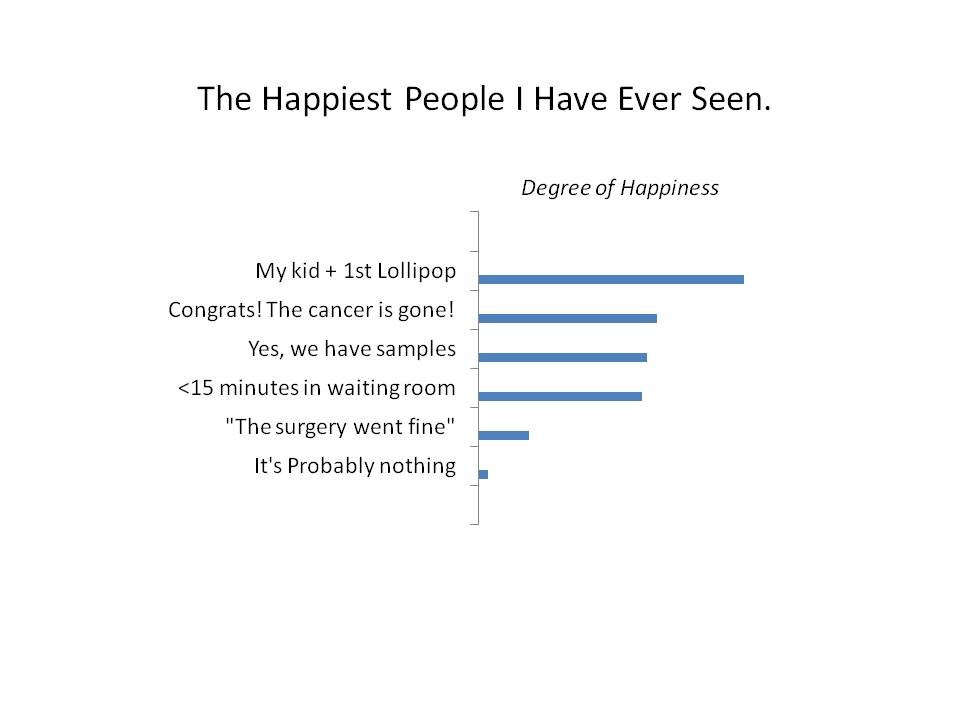First of all, let’s all agree on two things. First, that energy independence is good for our country. Second that clean drinking water is also good for the country. The development of America’s huge stores of natural gas, have given us a remarkable opportunity to accomplish the former. In particular, the process of “fracking” has made it possible to increasingly tap those huge natural gas stores. Natural gas sits in rock formations, but releasing it is much more complicated than simply drilling a well and pumping it out. In order to tap the gas, it first has to be liberated from its rocky confines, after which it takes the path of least resistance, in this case is up a gas well. The technique of releasing natural gas from rock formations is known of hydraulic fracturing or “fracking”. The process involves drilling down thousands of feet to create a well. Huge quantities of water, often a million gallons or more, are forced into the well. This opens fractures in the rock and allows the natural gas to escape. The water that was pumped into the well is a proprietary mixture that contains various agents which are potentially hazardous to humans. Only a fraction of the fluid is recovered, much of it stays in the well and is dispersed into the depths, (hopefully) never to be seen again.
The process of fracking has huge potential and not only for the drillers. As anyone who has paid close attention to their gas bill has seen, the glut of natural gas has lead a drop in gas prices, and this comes at a time when we could all use a break on fuel prices. The fact that it’s homegrown means that there are no foreign entanglements, it creates domestic jobs and reduces trading deficits. Natural gas even burns cleaner with less CO2 than gasoline. It’s a veritable win-win for the entire country. The tremendous upside of this cheap, cleaner, home-grown energy source has lead to a boom in the industry, with thousands of wells sprouting up across the country, most use the the process of fracking.
But the rush to cure America’s energy woes has been well, rushed. One has only to look at the results of our attempts to harvest corn ethanol as an energy source to see the law of unintended consequences in effect. In a climate where a modicum of caution would be wise, both the government and the industry has proceeded with what can only be thought of as reckless abandon, summarily sweeping aside questions of safety and health concerns. This was typified in 2005 when the federal government passed what is known as the “halliburton loophole” wherein frackers are exempt from significant EPA regulation.
And that’s where we physicians come in. In the rush to create a business friendly environment for drillers, state governments have generally laid out the red carpet. This includes passing laws to protect proprietary information about the content of fluids being pumped into gas wells during the fracking process. In many states, if a physician suspects water contamination, they may request to know the materials, but must sign a confidentiality agreement thus effectively barring them from disclosing this information to others.
Imagine being the physician in Dallas who saw patients who were exposed to fracking fluid, one of whom developed renal failure. Or the dermatologist in Pennsylvania seeing a cluster of people living near a well who presented with non-healing skin lesions after their water was contaminated. In such a situation it would be paramount for a physician to share this information with other physicians, to discuss the case with other consultants, to inform the public about potential threats. The medical community would need to disperse this information both through word of mouth as well as through published literature. Forcing physicians to sign confidentiality agreements would likely limit the transmission of such information. Even if such communication were technically legal, the confusion and fear created by such laws would make many uncertain about whether they could disclose such information.
I do believe that state governments are trying to do the right thing, in facilitating the procurement of what appears to be a cheap, abundant, domestic energy source and increasing their tax base at a time when it is sorely needed. However, it should be pointed out that government is first responsible to the people they serve. The process of fracking is being looked at with increasing scrutiny by the public as cases of contamination by fracking fluid and natural gas come to light in greater numbers. The current approach only fosters an environment of fear and suspicion and heightens the perception that drillers do not take the public welfare into account.
If the scientific community was allowed greater access to information, the causative agents could be identified, and potentially replaced. Such an approach could be beneficial for drillers. There are indeed historical precedents for this type of relationship. The study of lead, and freon and their subsequent removal from gasoline and refrigeration has benefitted society, yet both of those industries continue to flourish today. In addition, drilling companies with poor track records could be weeded out and replaced by companies with better techniques. This process is the American way. It is taking place as we speak in a number of different fields including the medical community, and the drilling community should be no different.



